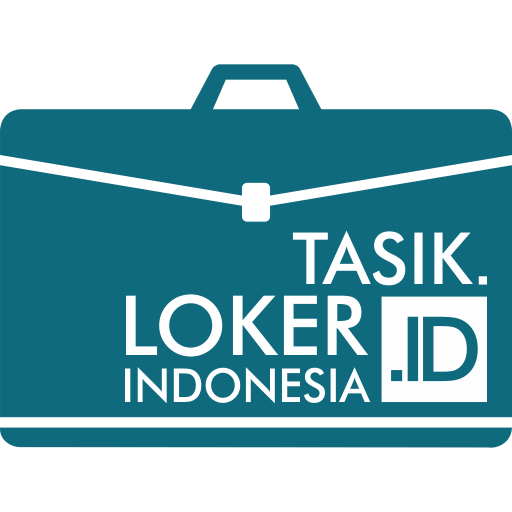Job Responsibilities
- Platform Maintenance & Support: Manage day-to-day Salesforce system administration, including user account management, data integrity, system backups, and system security settings.
- Configuration & Customization: Configure Salesforce to align with business requirements, including creating custom objects, workflows, page layouts, and reports to streamline processes and improve data capture and analysis.
- Data Management: Perform regular data audits, implement deduplication processes, and import/export data as needed to maintain data accuracy and quality across the platform.
- User Training & Support: Provide training and support to users across departments, addressing questions and troubleshooting issues. Develop and maintain user documentation and guides.
- Automation & Optimization: Implement and manage automation tools, including process builders, flows, and other automation techniques, to increase efficiency and reduce manual tasks.
- Reporting & Analytics: Create and manage reports and dashboards, supporting teams in understanding business insights and driving data-driven decisions.
- Project Management: Participate in Salesforce projects, including new implementations, upgrades, integrations with other systems, and the adoption of new Salesforce functionalities.
- System Upgrades & Release Management: Stay up-to-date on Salesforce releases and ensure successful deployment of new features and enhancements. Identify areas for improvement and manage system changes accordingly.
Job Requirements
- Experience: Minimum of 3 years of formal experience as a Salesforce.com Administrator, with a track record of success in managing and optimizing the platform.
- Certification: Salesforce Administrator certification required; additional Salesforce certifications are a plus (e.g., Advanced Administrator, App Builder).
- Technical Skills: Proficiency in Salesforce configuration, including workflows, process builders, flows, data management tools, and basic APEX knowledge (preferred).
- Analytical Skills: Strong analytical skills and experience in creating reports and dashboards to support data-driven decisions.
- Problem-Solving Skills: Excellent troubleshooting and problem-solving skills with a proactive approach to identifying and resolving system issues.
- Communication & Collaboration: Strong interpersonal and communication skills, with the ability to work effectively with cross-functional teams and non-technical users.
















